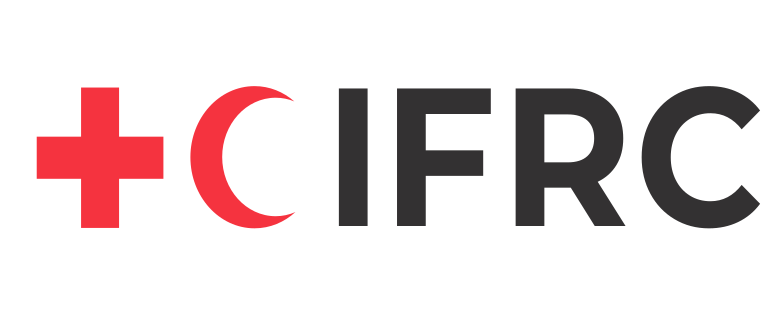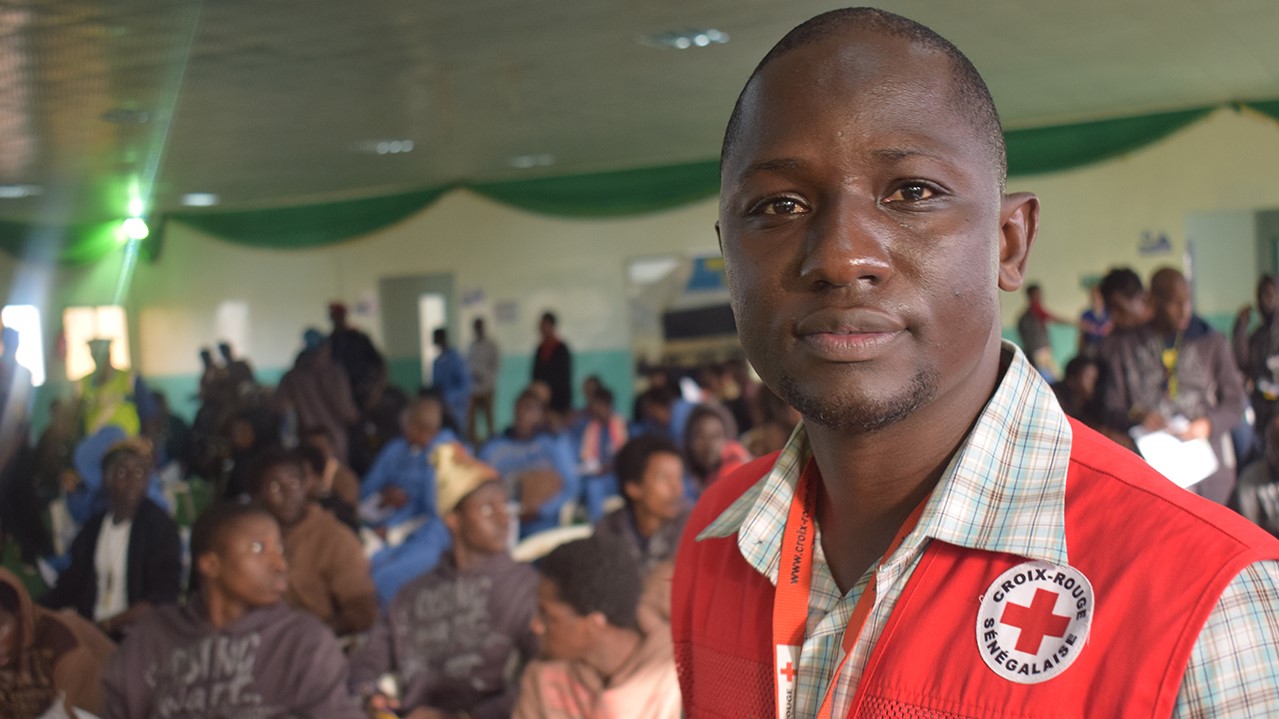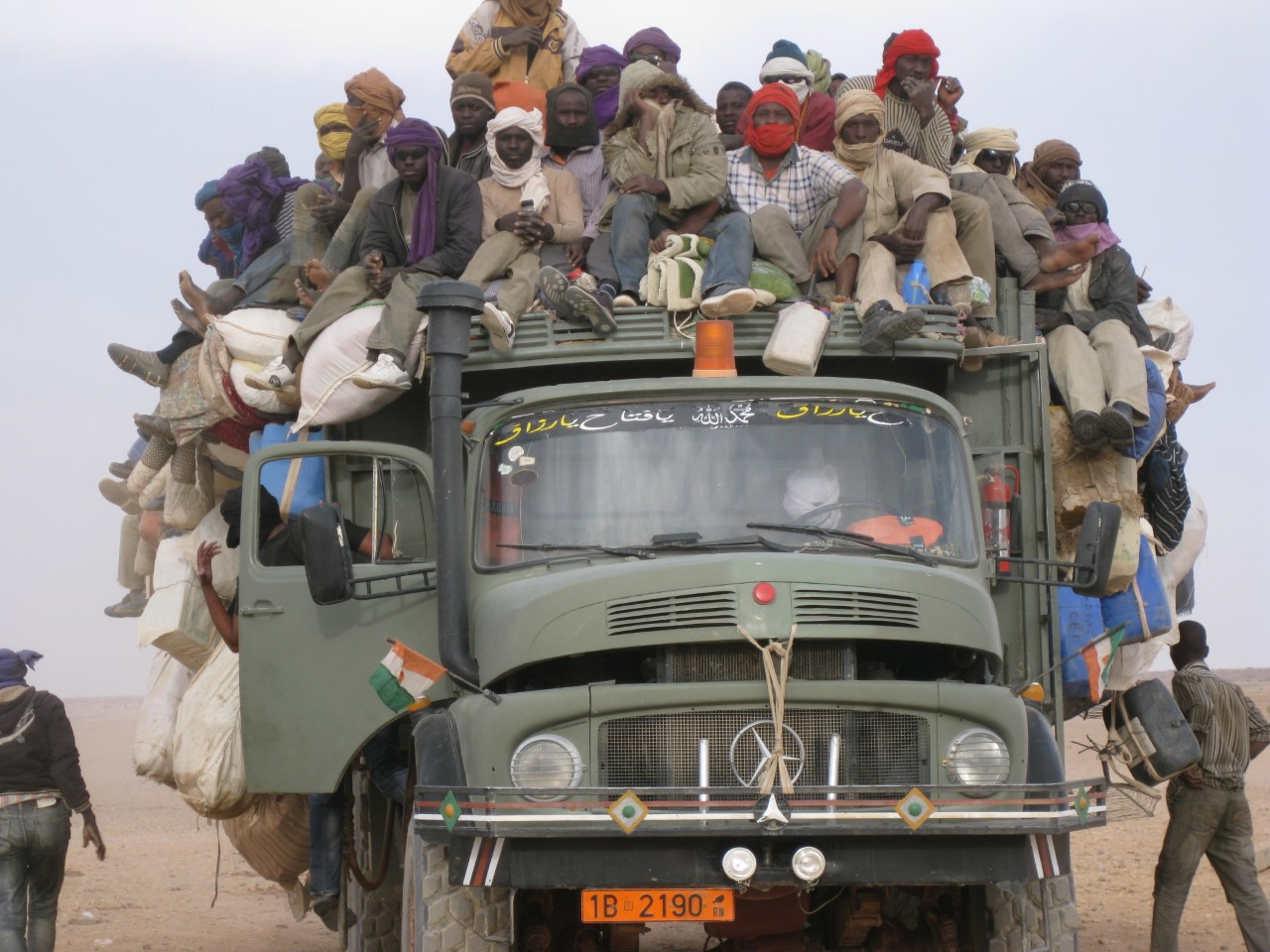The Sahel+ Migration Technical Group’s mission is to offer a framework for reflexion, research, sharing of experiences, skills, information and lessons learnt, and for cooperation on migration issues, between Sahel+ members, and other RC/RC Movement stakeholders.
“By doing so, the group’s main objective is to reduce the vulnerabilities of migrants and displaced persons in the Sahel region, mitigate the risks they are exposed to, address discrimination, and facilitate their inclusion and access to services – in view of building the resilience of all concerned persons and communities”
The Sahel+ Migration Technical Group also seeks to engage with other stakeholders and speak with one voice in regional and global platforms. Our members have presented their common perspective on migration and displacement during webinar on cross-border mobility and climate change on the side of the 45th session of the Human Rights Council (on 24 September 2020), at the Red Cross and Red Crescent Virtual Climate Summit (from 9-10 September 2020), at the Global Forum on Migration and Development in Quito, Ecuador (from 19-24 January 2020), and at the first Global Refugee Forum held in Geneva (from 16-18 December 2019).
The group also has representatives in the RC/RC Movement’s Global Migration Task Force.
Main Events
4-Dec 2020 : Training webinar n.4 on internally displaced persons, with the ICRC and the IFRC
Oct-Dec 2020 : National workshops to present the 2021 Migration Technical Group’s action plan.
23-26 Nov 2020 : AMiRA final learning webinars .
6-Nov 2020 : Training webinar n.3 on the new IFRC global migration structure and planning
26-28 Oct 2020 : Training webinar n.3 on the new IFRC global migration structure and planning
28 Sept 2020 : Training webinar n.2 on RFL and migration
12 June 2020 : Training webinar n.1 on including migrants in disaster responses
12 Sept 2019 : Webinar on COVID-19 and Trafficking in Persons with the IFRC and the British Red Cross.
3-5 Sept 2019 : Kick-off workshop of Sahel+ Migration Technical Group.
12 Jul 2019 : Regional workshop on protection in the context of migration.
Regional Perspective on Migration
An intra-regional phenomenon. The Sahel region has a long history of population’s movements. Seasonal, pendular and circular migrations are an essential part of local resilience strategies. Intra-regional migrants with a valid travel document can benefit from the freedom of movement framework established by the Economic Community of West African States. However, access to essential services within the region is particularly challenging for migrants, due to significant administrative, financial, socio-cultural and language-related barriers, as well as risks of discrimination.
Dangerous routes through deserts and seas. The Sahel is at the crossroads of migration routes to and from North Africa and Europe, extending through the Sahara Desert, the Mediterranean Sea and the Atlantic Ocean. Migrants moving along these routes face significant protection risks, including loss of family contact, human trafficking, gender-based violence, detention and forced deportations. Many are unable to continue their journey or return home, and may find themselves in need of long-term support. Those who return, on their own will or by force, face significant reintegration challenges. A significant proportion of migrants within the region is represented by unaccompanied and separated children, and the number of women and girls embarking in these dangerous journeys is on the rise.
Double impact of conflict and climate change. Disasters such as floods and droughts, as well as the effects of climate change and environmental degradation, continue to exacerbate vulnerabilities across the region, and contribute to induce migratory movements and internal displacement. Moreover, the region is grappling with conflict and violence, particularly around the Lake Chad Basin, in Northern Mali and in parts of Burkina Faso, triggering internal and cross-border displacement. The areas that are worst affected by violence, and those experiencing the most severe impacts of climate change, largely overlap – with serious consequences on the vulnerabilities of migrants, displaced persons and host communities.
80 - 85% of migratory flows are intra-regional

Movements to cities, coastal areas and fertile lands

The majority of refugees from the region are hosted in 5 neighbouring countries: Burkina Faso, Chad, Mali, Mauritania and Niger

Average of +1° temperature increase in the Sahel region between 1970 and 2006
Our approach
Our approach to migration is based on needs, informed by rights and bound to the Movement’s Fundamental Principles, as mandated by the IFRC Policy on Migration (2009), the IFRC Global Strategy on Migration (2018-2022) and IFRC Strategy 2030. As such, we do not seek to encourage, prevent or dissuade migration.
• Provide a platform for information exchange, harmonisation of approaches, and for establishing and strengthening partnerships;
• Support research activities, sharing of lessons learnt, and our members’ strategic vision on migration;
• Build the capacities of our members and of Migration Focal Points
-
• Support the advocacy initiatives of our member National Societies and allow them to speak with one voice with relevant regional and global interlocutors;
• Seek synergies and coordination among National Societies in different countries located on the same migration route or concerned with cross-border displacement
.
Following the RC/RC Movement’s approach in matters of migration, we also aim to include migrants in national responses and seek strong coordination along migratory routes, both internally and with external partners.
As the Sahel+ Migration Technical Group, we mobilise members through their Migration Focal Points in order to:
Through IFRC guidance, we seek to promote a route-based approach, building on our extensive network of local branches and volunteers to ensure that no vulnerable migrant is left behind. This approach is grounded in the analysis of the vulnerabilities, risks and needs of different categories of migrants, at key points along migratory routes and at all stages of their journeys.
Humanitarian service points are an important part of what we do to assist and protect migrants. A humanitarian service point is a neutral space along migratory routes that provides a welcoming and safe environment for migrants to access essential services that might otherwise be inaccessible.
Sahel+ National Societies and RC/RC Movement Partners Activities
AMiRA (2018-2021)
The programme “Action for Migrants: Route-based Assistance (AMiRA)”, funded by the FCDO (formerly DFID) has built the capacities of National Societies in Burkina Faso, Guinea, Mali and Niger (as well as Sudan and Egypt outside the Sahel region) to assist and protect transit migrants and returnees, whatever their status, through humanitarian service points positioned along the main migration routes. The programme, implemented with the support of the British Red Cross, the Danish Red Cross, the Spanish Red Cross, the IFRC and INTRAC, has been successful at establishing the trust of migrants and local communities, and adapting to a degrading security.
More than 80,000 instances of support provided to migrants
Humanitarian service points and outreach services established at key points along migration routes
90% migrants trust RC/RC National Societies and humanitarian service points
The integration of migrants in disaster response.
We follow global and regional guidelines to ensure that vulnerable migrants and third-country nationals, whatever their status, are integrated as direct and indirect beneficiaries of our activities. For example, during the COVID-19 pandemic, National Societies in the Sahel have been reaching stranded migrants, migrants at border crossings, returnees, as well as refugees and IDPs. This has been achieved by addressing the primary and secondary impacts of COVID-19 through a broad range of activities, including Risk Communication and Community Engagement (RCCE) initiatives, the installation of WASH facilities at border points, COVID-19 screening in migrant communities, healthcare provision, psychosocial support, livelihood support, provision of hygiene kits, social cohesion activities and RFL services.
Assisting and protecting the most vulnerable migrants in West Africa (2020-2023).
A multi-year regional programme funded by the EUTF. The programme has been implementing a route-based migration approach with National Societies in Burkina Faso, the Gambia, Mali, Niger and Senegal, supported by the Spanish Red Cross and the Danish Red Cross.
Assisting and protecting transit migrants and returnees in Niger
With support from ICRC and the French Red Cross, since 2010 the Niger Red Cross has been assisting migrants and host communities in accessing basic services, including healthcare, restoring family links (RFL), psychosocial support and protection services. 3 antennas and 7 RFL kiosks have been established to offer RFL services to migrants (including phones calls, promotion of the tracing tool ‘Trace the Face’ and awareness raising). Health services are also provided in Arlit and Tchirozénie. In addition, the Niger Red Cross and the Danish Red Cross provide humanitarian services to returnees in Zinder, including psychosocial support.
Key Resources
IFRC Global Resources
- IFRC, Strengthening IFRC Responses to Internal Displacement in Disasters: Challenges and Opportunities (2019) : EN
- IFRC, HSP Toolkit (2020) Coming soon
- IFRC, The Route-based Approach (2020) Coming soon
- IFRC, Least Protected Most Affected (2020) : EN
- IFRC, Strengthening IFRC Responses to Internal Displacement in Disasters: Challenges and Opportunities (2019) : EN
- IFRC, Alone and unsafe (2018) : EN
- IFRC, One Humanity: Safety and Dignity for Migrants (2016) : EN
IFRC Regional Resources
- IFRC, Route Based migration approach & Humanitarian Service Points in the Sahel - the AMiRA programme (2020) : EN
- British Red Cross, Reaching the ‘invisible’: Vulnerabilities and accessibility along migratory routes (2020) : FR
- Danish Red Cross, Guide de poche ‘Comment orienter efficacement les bénéficiaires’ (2020) : FR
- IFRC, Including migrants in disaster responses (2020) : FR
- IFRC & UNHCR (2020), Access to essential services for people on the move in the ECOWAS Region : EN & FR
- IFRC, Including migrants and IDPs in prevention and response activities related to the COVID-19 pandemic (2020) : EN, FR
- IFRC (2020), Risks and Resilience – Exploring migrants’ and host communities’ experiences during the COVID-19 pandemic in West Africa : EN, FR
- Migration Report Risk Resilience Covid19 Pandemic West Africa : EN


